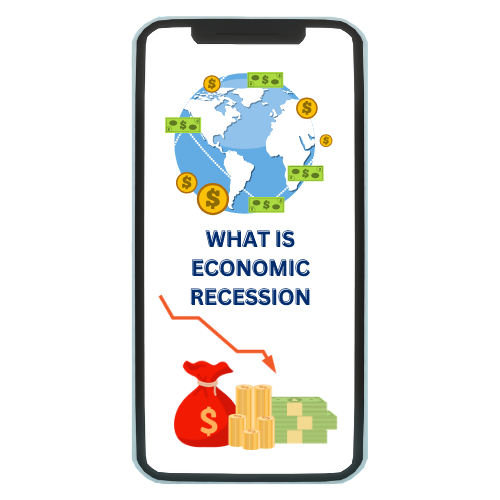People always want to find the best type of trade to invest in. This particularly holds true for short-term and long-term trading. This decision, however, varies from person to person. Ideally, the trader must decide on a trading type that best suits his/her personality.
Let’s us take a closer look at short and long-term trading to gain some insight.
Short-term trading
When the duration between buying and selling ranges from a few days to a few weeks, it is considered as short-term trading.
Pros of short-term trading
Faster means of making money: The benefits of a trade can be realized in a short period through this method. You can earn profits within a day by investing in intraday trading.
Short-term risk: If you discover that a wrong decision was taken on a trade, you can free up the capital invested and reinvest it in fresh stocks. This is because capital is at risk for a shorter period.
Cons of short-term trading
Volatile market: There are chances that you may lose a significant amount of money while indulging in short-term trading due to the volatilities in the share markets.
- Stress: The unpredictability of the share markets makes it difficult to figure out the future status of your capital. This, in turn, increases your stress levels.
- Time-consuming: Short-term trading demands a lot of attention. You need to continuously check the market in order to make buying and selling decisions.
Long-term trading
When the duration between buying and selling ranges within a few months to a few years, it is referred to as long-term trading.
Pros of long-term trading
- Less stressful: There is no need to constantly follow the market when trading long-term. You can ignore the current market conditions and focus on future market conditions. Put simply, you don’t need to babysit your stock.
- Time-saving: You can dedicate the time saved from constantly following the market on other productive activities. You can study other stocks and do thorough research before making buying or selling decisions.
- Compounding: Long-term trading helps you take advantage of the power of compounding. You will be able to invest the dividends back in the market to earn more profit.
- Saves taxes: Long-term trading also helps you save taxes. Most short-term traders need to pay around 20%-30% whereas long-term trading activities are charged f only at 5%-15%.
Cons of long-term trading
Chance of missing out: Long-term trading requires you to invest your capital for a long-term, and you might miss out on a volatility in the market to make money.
In-depth knowledge: Long-term trading requires you to have in-depth knowledge of the sector or stock you are investing in. You just can’t make decisions based on certain news or hearsay.
Homework/Research: You need to do your homework if you are going to trade long-term as you just can’t rely on graphs or charts to make a trading decision. Patience: Long-term trading requires a lot of patience and the failure to meet it will create problems for the trader in the long run.




